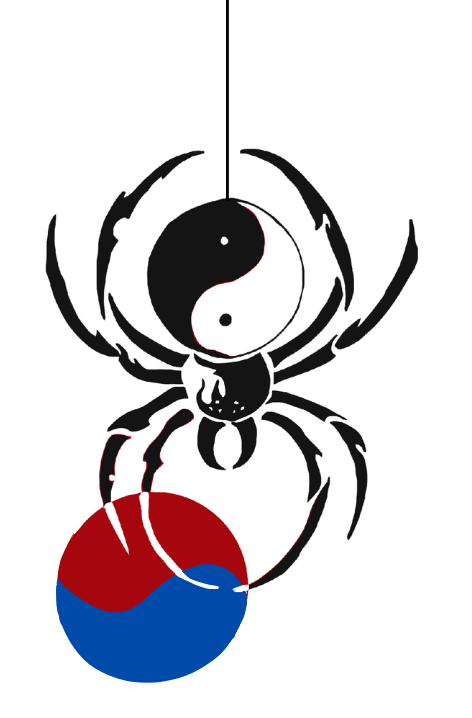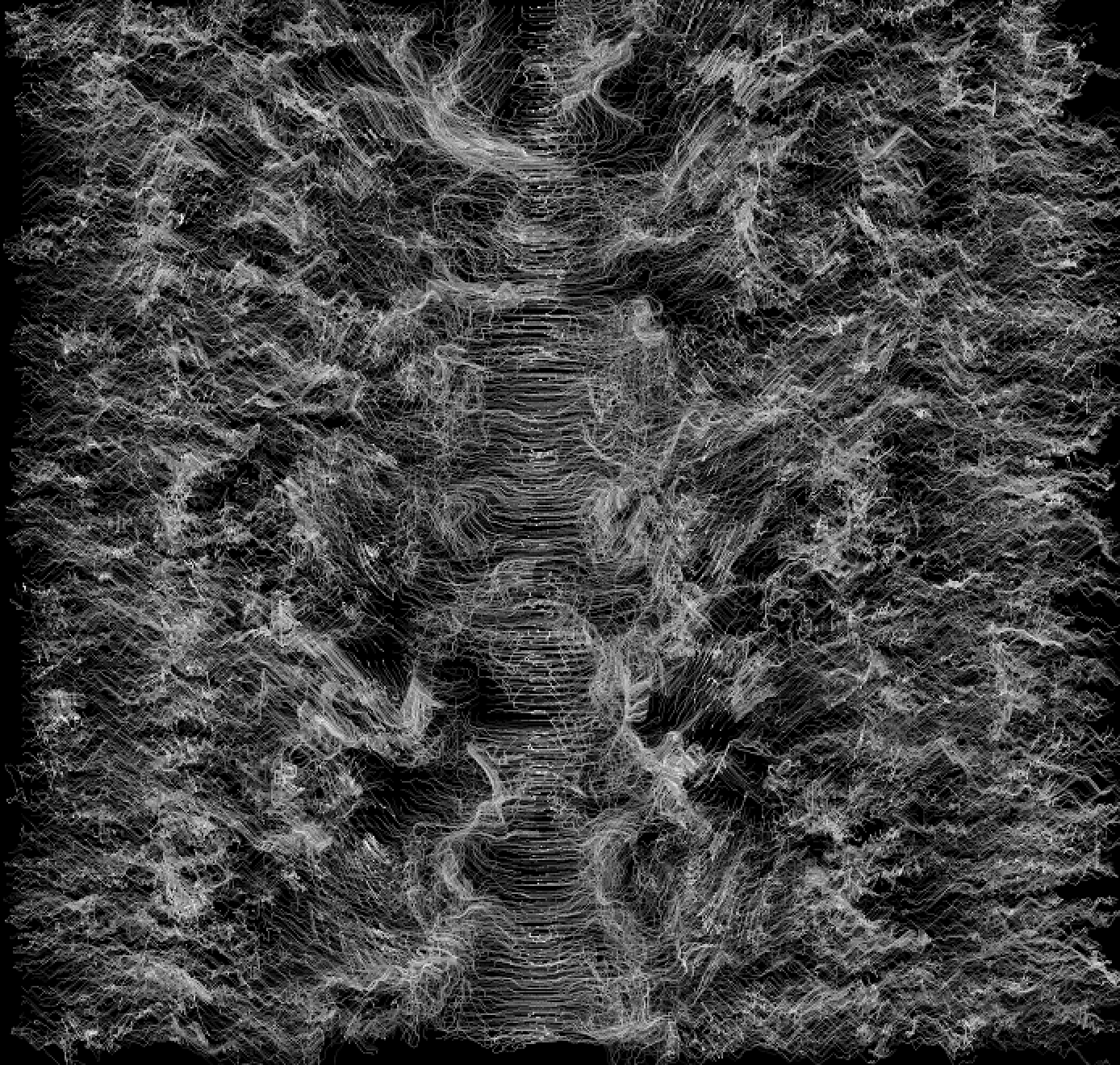My personal statement for the Watson Fellowship Application. As with all applications, my voice and style and messaging are keenly aware of its audience…
I grew up in a community of Korean and Hispanic immigrants. Store signs and conversations were rarely in English. Still, I wasn’t surprised when my parents changed my Korean name to “Abigail” before my first day at a predominantly white elementary school. They were afraid teachers would humiliate me by stumbling through foreign sounds during attendance, and students would never let those two syllables pass through their tongue without hesitation. They prepared me to fit the world of white America from before I was born: both consciously, with their refusal to speak Korean around me so I could become fluent in English, and unconsciously, by the way I watched them walk this world.
As the child of immigrants, I know that what is right or wrong, good or bad, funny or mean depends entirely on culture. But white American culture doesn’t need to acknowledge the nuance outlining these arbitrary boundaries. There is no need to make space for another way of being since they are the “default” that others must break into. Code-switching is more than adopting an accent, it’s shifting the lens of truth for the comfort of another. I spent my childhood parsing nuances of interactions, desperately trying to figure out the unspoken rules of friendship, conversation, and behavior, while the grounds for what is considered socially and administratively valid fluctuated depending on the identities of who I was surrounded by.
The model minority myth is rooted in colonialism. It is the idea that you should love your master when they reward you for breaking to their needs. In order to survive, I learned to cater to the needs of white Americans through explicit lies and subtle gestures that play into their idea of the world, lest they become aggressive when their world view is challenged. I know when to play a student, a server, an elite. I know how to make myself an object of fascination to neutralize myself as a threat. Some days it’s an easy game, but most days I’m tired of playing. I grew so good at it that I began to lose myself in the artifice.
I failed to separate the performance I lived from the life I actually breathe. But accepting death has a funny way of confronting life – not the act played for survival, but the Korean-American life I actually walk every day. When my dad was given two months to live, we finally confronted our lives in Asian bodies subjugated to the colonial system. For those two months, we sat together aware that these were the last words, last breaths, last sights he’d experience. We sat together aware of our own grief and gave space for each other to feel without shame. For the first time, I was given space and permission to grieve, not just his inevitable death, but the people we were forced to become to survive the colonist’s world.
I was once unable to look in the mirror and accept my face, let alone my whole being. I was indoctrinated to want to be a version of me that does not exist: Whiter, skinnier, ignorant. I distrusted my own instincts because they were always “wrong” in the world of white America. I learned that my natural way of being is inferior as it was subjugated to violent control. But here on his bed, I accepted myself as myself in all of my multitudes and paradoxes. I claimed my trans-ness, which transcends gender and prescribed colonial normatives. This transformation of my genuine heart of sadness into compassion for all sentient beings empowered me to build a better world for my Korean-American community.
Although I knew I was more than a model minority, I never actualized beyond it. It wasn’t until I lived in Seattle for the summer before my junior year that I actually expressed this internal liberation in a space where I was safe to live as my full humanity. I didn’t know anyone when I moved, but I quickly fell into the most loving trans-bipoc community. In this community I realized I’d been so numb to pain because I experienced relief for the first time in 19 years; a drop of sun on skin that’s only known darkness. At first, I thought it was an illusion, a trick of the light. But the more I touched it, the more it solidified. Dancing under the cotton clouds I made for the So Dreamy music festival in a room filled with trans-bipoc artists, I expressed the humanity I’ve locked away for so long that I forgot it existed. This is liberation. The profound cruelty I endure found its beautiful counterpart. Nature is as cruel as it is beautiful. I only knew one side of that coin, until now.
In this community, I not only learned how to heal with community art and love. I not only found strength to create in the face of violence. I not only exercised newfound empowerment to organize mutual aid and protests when the system fails our basic needs. I also developed greater awareness of the oppressive air surrounding us. It is found in the medicine we are (or aren’t) prescribed, the way we talk, the technology woven into our daily lives. As a lifelong technologist and coder, this fundamentally changed the way I understood my craft, especially in regards to artificial intelligence.
I built my first AI from scratch 6 years ago. Before AI became a media phenomenon or trusted with human decision making, I reveled in this endlessly adaptable algorithm.
As I continued to explore AI across language, images, and medical data, the same patterns emerged. AI built by and for the colonist doctrine automates the process of estranging people from their humanity by insisting on a singular, fixed truth, when we instead contain multitudes.
The AI behind Cortana, Microsoft’s voice assistant, doesn’t understand my aunties’ accents. My aunties’ English is perfect because there is no correct way to speak. A single model can’t capture nuanced dialects unless care is taken to implement the model in the context of culture. When AI is built by a system that only serves one way of being, marginalized people get left behind. BigTech champions generalizability as proof of AI’s merit. However, generalizability requires ignoring the nuance of specific communities and the unique problems they face. Generalizability erases minority experiences for the sake of a more probable majority.
When I engaged with Microsoft’s Ethics in AI team as an intern during my summer in Seattle, they preached collaborative techniques to facilitate ethical implementation of AI. As impressive as their ideas are, when I talked to the actual people implementing language models onto their products, these ideas were entirely ignored as they were “too costly” and “didn’t scale.” Their practice completely opposed the community oriented life I built outside of work.
After this, I wanted to stop building AIs entirely. Still, the world continues to entwine itself with AI whether or not I choose to open my eyes to it. So out of fierce curiosity and an inability to look away from AI’s unrelenting cruelties, I took MIT’s Machine Learning for Healthcare class.
Here, I finally experienced AI as a tool for social good. Three graduate students and I partnered with the company M’Care for our final project, whose community built AI that provides equitable access to healthcare services in Nigeria’s economically disadvantaged communities. It was a rare opportunity to closely collaborate with people who both collect the data and live the story behind it. We built AI models grounded in the embodied knowledge of their communities, instead of trying to enforce the patterns of a generalized dataset onto their specific needs. Our work was presented to World Bank representatives and the Nigerian Ministry of Public Health, and it influenced decisions about the nation’s malnutrition plan.
I realized AI can be a tool for social good when it honors the lived experiences of the communities it impacts. I learned to imbue AI with nuanced cultural truths. I wasn’t able to meet their community in Nigeria, but with Watson, I can walk alongside them and honor their unquantifiable truths while building AIs that serve them.
Knowledge is power, and I am privileged to wield wisdom of AI and its implications cultivated through experience and study. I walk with deep wounds inflicted by the system that estranged me from my own humanity, and I bear witness to AI automating this oppressive process. But in the couple of decades I’ve pumped breath through this body, I’ve also learned to heal through community love. We are not coffins for grief. We must release it into art, community care, and building better futures.
This project releases my grief into passion for the possible and a practical path for healing from the oppressive inertia of AI. I am committed to reclaiming this tool to overcome failing systems. I not only dream of AIs for social equality, but I have a plan to walk it.


